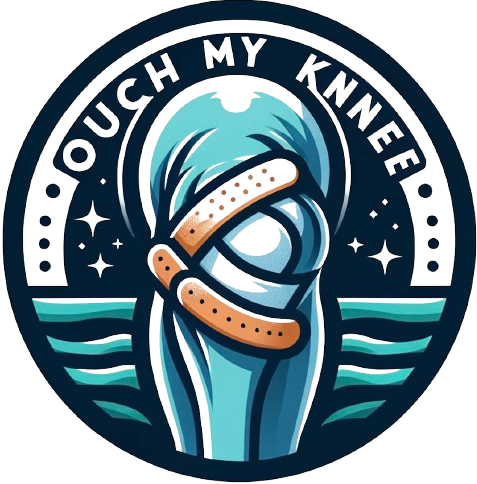Knee pain is a common affliction that affects individuals of all ages and activity levels. The knee is one of the largest and most complex joints in the body, consisting of bones, cartilage, ligaments, and tendons. It is essential for movement and bears a significant portion of the body’s weight, which makes it particularly vulnerable to injury and wear. Understanding the causes of knee pain and how to manage it can significantly improve one’s quality of life.
One of the most frequent causes of knee pain is arthritis, which encompasses a variety of conditions that cause inflammation and degeneration of the joints. Osteoarthritis, the most common form, results from the gradual wear and tear of cartilage. Another common type is rheumatoid arthritis, an autoimmune condition that attacks the joint lining. These conditions can lead to chronic pain, stiffness, and decreased mobility. Early diagnosis and treatment are crucial in managing arthritis and maintaining knee health.
Injuries are another significant source of knee pain, ranging from acute incidents like sprains and fractures to chronic conditions such as tendinitis and bursitis. High-impact activities, sports, and even simple missteps can lead to ligament injuries, including the well-known anterior cruciate ligament (ACL) tears. Rest, ice, compression, and elevation (RICE) are often recommended as immediate treatment, followed by physical therapy to restore function. In severe cases, surgical intervention might be necessary.
Maintaining knee health involves a combination of strengthening exercises, stretching routines, and lifestyle adjustments. Strengthening the muscles around the knee, particularly the quadriceps and hamstrings, can provide better support and reduce the risk of injury. Regular stretching helps maintain flexibility and range of motion. Low-impact activities such as swimming, cycling, and walking are excellent for keeping the knees active without causing undue stress.
Weight management is another critical aspect of knee health. Excess body weight increases the load on the knees, accelerating the wear and tear of cartilage and other structures within the joint. Adopting a balanced diet and engaging in regular physical activity can help maintain a healthy weight, thereby reducing the strain on the knees. Nutritional supplements like glucosamine and chondroitin may also support joint health, although their effectiveness varies among individuals.
Lastly, proper footwear and supportive devices can play a vital role in preventing knee pain. Shoes with good arch support and shock-absorbing soles can minimize the impact on the knees during daily activities. For those who experience recurrent knee pain, braces, and orthotic inserts might offer additional support. Incorporating these strategies into daily life can help preserve knee function and decrease the likelihood of future pain or injury.
